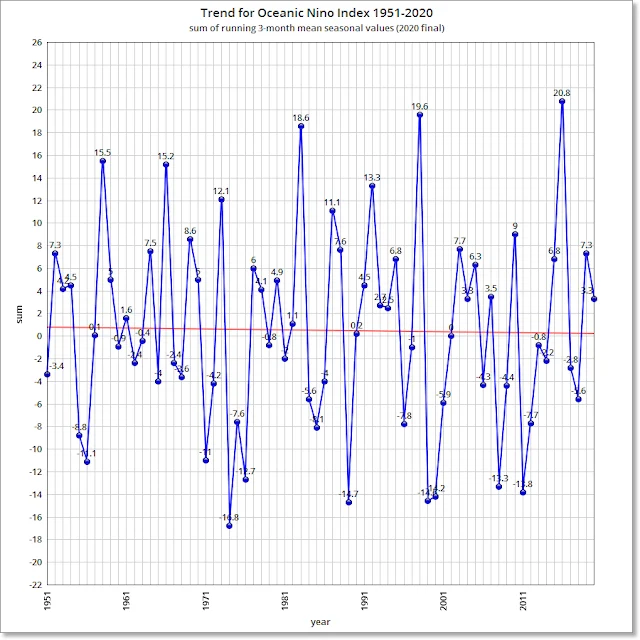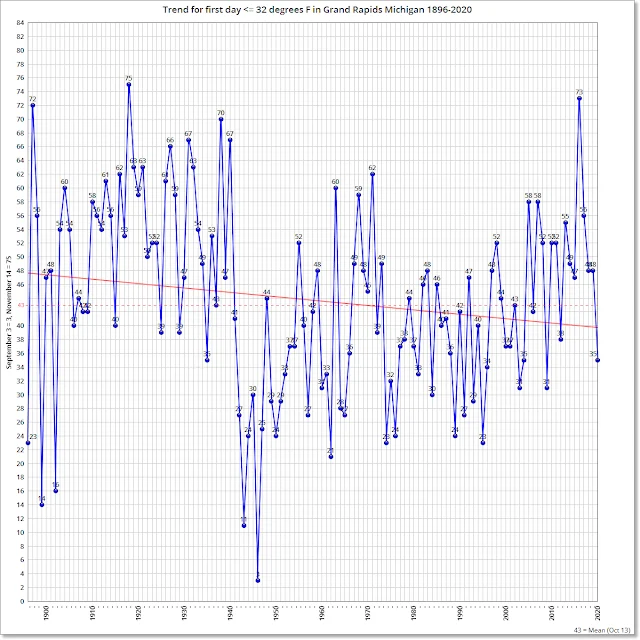Monday, March 15, 2021
Sunday, March 14, 2021
Saturday, March 13, 2021
Coronavirus cases have been in headlong retreat in the UK and USA since peaking in early January, weeks before vaccination levels became comparable to present day European levels where cases continue to rise
Besides that, new cases also fell dramatically from early January in both Europe and South America before ticking up again after February 15th. Both regions were then and still remain far behind vaccination levels in the UK and USA. There must be some other explanation apart from vaccines why cases fell so precipitously.
Damned if I know what it is, save for "seasonality". But it sure as hell ain't vaccines. The US hit the lackluster present day European vaccination levels in the first week of February, and the UK did the same a week earlier, yet daily new confirmed cases were already in free-fall in both.
As vaccinations had nothing to do with the drop in cases in the US, UK, Europe and South America in January, it is likewise doubtful their relative paucity in Europe and South America now has anything to do with the uptick in cases since Feb 15.
Psychiatry is such a joke when it's the patient who determines the diagnosis of major depression
Imagine your dentist doing that for a cavity.
Dentist: "Do you feel a hole in your tooth with your tongue?"
Patient: "Yes".
Dentist: "How large is it?"
Patient: "Feels really big".
Dentist: "Well, I'm afraid that one's got to come out".
For the study, published in JAMA Network Open, the team looked data from eight waves of surveys conducted between June 2020 and January 2021.
Respondents were narrowed down to 3,904 individuals who said they had been infected with COVID-19 in the past but had since recovered.
They were asked to rank how severe their illness was and if they had any persistent symptoms since testing negative.
All of the participants filled out the Patient Health Questionnaire–9 (PHQ-9), which is a diagnostic instrument used to diagnose mood disorders such as depression.
Patients are asked about their mood or behavior over the last two weeks including whether they've had 'little interest or pleasure in doing things' or have been 'feeling down, depressed, or hopeless.'
Those filling out the survey can choose one of the following 'not at all,' 'several days,' 'more than half the days,' or 'nearly every day,' which are scored from zero to three.
On a scale of zero to 27, people who scored 10 or greater are considered to be moderately or severely depressed.
Of the participants, 2,046, or 52.4 percent, scored high enough to be considered to have symptoms of major depression.
Friday, March 12, 2021
Climate Update for KGRR: February 2021
Climate Update for KGRR: February 2021





















